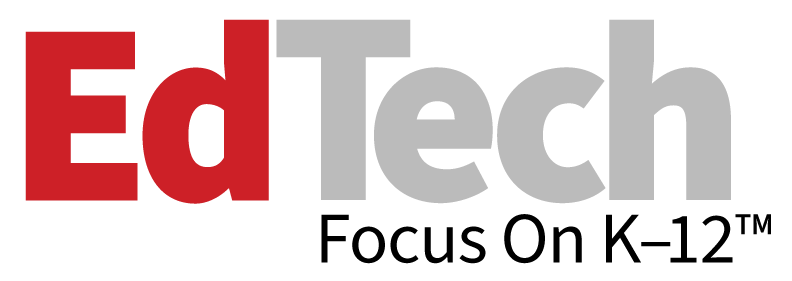Should Your School Consider Hiring a Social Media Coordinator?
When we first met Andy Le, social media coordinator for the 45,000-student District of Columbia Public School System (DCPS), he was using tools such as Facebook and Twitter to update students and parents about the effects of Hurricane Sandy as it battered much of the East Coast in October 2012.
As students and teachers embrace the idea of handheld devices in classrooms, administrators are increasingly on the lookout for professionals who have the expertise to help schools use the technology — as well as the many web-based tools and applications that come with it.
To find out more about what a K–12 social media coordinator does, we caught up with Mr. Le for a quick interview.
Is your school looking for ways to engage its community through social media? Thinking of hiring an expert? Le’s insights may help.
EDTECH: What is your official role in DCPS, and how did you earn the title?
ANDY LE: Chancellor [Kaya] Henderson realized that there was a need to communicate and engage our parents and families in multiple formats and channels. Essentially, we had to meet our parents, students and teachers wherever they were, and one of those spaces was social media.
My job as social media coordinator is to showcase the amazing things that are happening at our schools daily. That might mean simply re-tweeting one of our principals to doing a feature for our website, dcps.dc.gov, Facebook, Instagram or live-tweeting an event. The key is to build high-quality content that is not only engaging but also looks fresh and modern. I'm really proud of the hard work that our educators and students put forth every day, so our social media products should be just as high quality.
We also use social media as a tool to respond to the questions and needs of our constituents. We pride ourselves on responding to questions in a timely manner and engage our Critical Response Team to address any outstanding issues in a thorough and efficient manner.
Another interesting project that we're embarking on is replicating in our schools what we're doing at the district. We're working with schools to build websites, establish social media presences and training our school staff on how to best leverage these technologies to engage their parents and communities.
EDTECH: What are some things you considered when developing a social media strategy for DCPS?
LE: Our strategy is really simple: Give the people what they want. We try our hardest to put ourselves in the shoes of our parents and families, and we create content that we think they would like, want or need. We do shift things around a little bit for different platforms. Our Twitter followers are an interesting amalgam of parents, students, community members and education advocates, so we vary the content quite a bit — from live-tweeting football games, re-tweeting education policy content or just using our Twitter account as a microphone for community members to spread the word. If you follow @dcpublicschools, you'll notice we re-tweet a lot of stuff. I think of our Twitter account as a digital megaphone.
EDTECH: Describe a typical day at work. What are some things you do every day, with regard to social media?
LE: There's no such thing as a typical day for me. I'm almost always at schools covering events or talking to school staff about building their digital presence. If I have to be in my cube, then I'm looking for content that might interest our parents and families.
EDTECH: What is the most difficult part of your job?
LE: There is so much to cover, and I can only be in so many places at once.
EDTECH: What are some tips for other school districts interested in amping up their social media strategies?
LE: “The message of your communication is the response that you get” is my personal mantra. It really puts the onus on me to really listen and communicate effectively with our constituencies. I love social media because it really is a two-way dialogue. If you don't listen and only message out, you'll find very little traction within the community. On Twitter, the voice of a school district is as loud as a single parent.
For more, follow Andy Le on Twitter at @andyndc.








